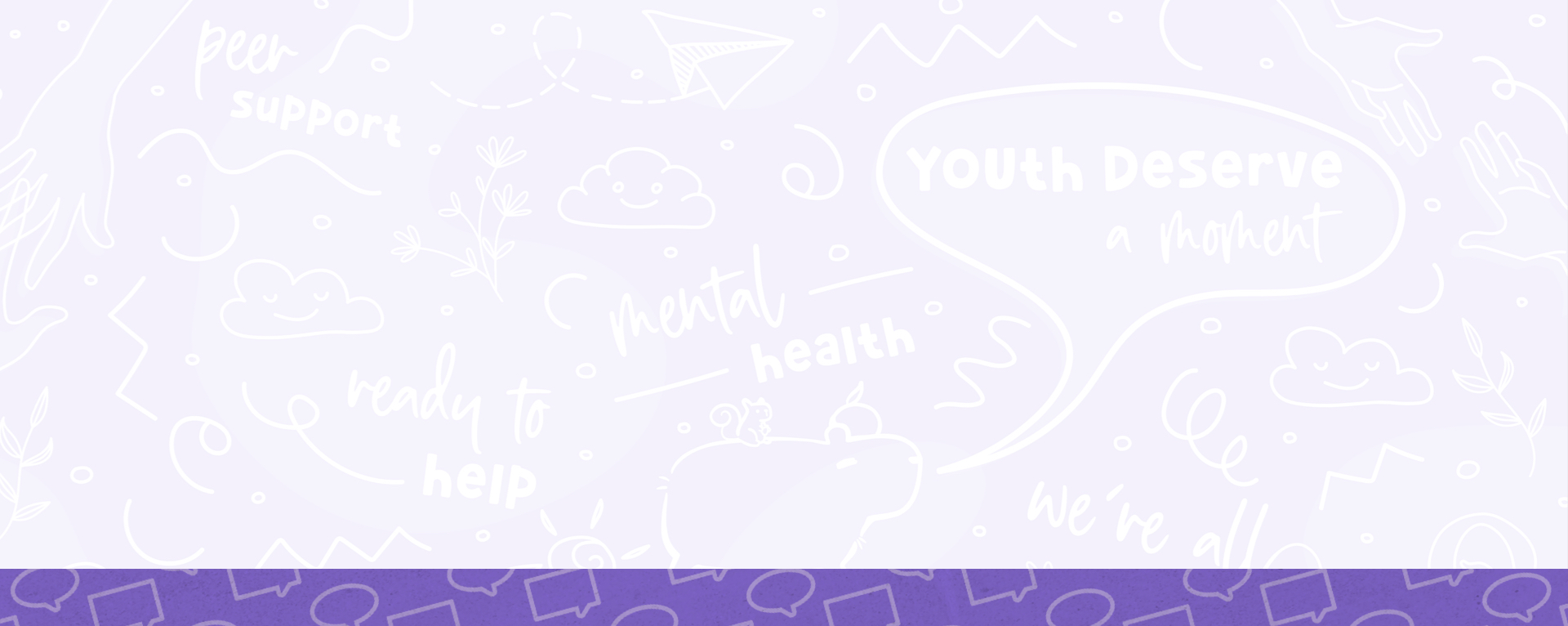Author: Yi-Nuo
During tough times in our lives, we often find ourselves turning to our friends. They are our shoulders to cry on, and in turn, we serve as listeners for them as well. However, when friends exhibit strong emotions to us, it can sometimes be difficult to know how to react. We fear saying the wrong things and making them even more upset; it’s not easy to put aside our own thoughts and feelings to react reasonably to theirs.
While it can be hard to know exactly how to react to tough situations, there are a few things that we can keep in mind when being a good listener for our friends.
1. Open Ears, Open Mind
Let the other person know that you’re willing to just sit and listen – and mean it! If they choose to talk or rant to you just focus on letting them get things out at their own pace, and their own way. Don’t try to push your own opinions and advice on them, don’t try to ‘fix’ things by taking matters into your own hands, and don’t constantly compare their situation to your own experiences. Focus on them, give them your undivided attention and actually absorb what they are telling you. Always remember to listen more than you talk.
2. No Problem is ‘Stupid’
No matter how their problems may appear remember to keep an open mind and don’t judge. They may feel like nobody understands or maybe they feel that talking about their struggles is wasting others’ time, but tell them that their problems are valid and that you care. Let them know that it’s ok to come to you with their issues; it’s not embarrassing or pointless. You, as a listener, will not make them feel belittled or judged.
3. Supportive Responses
When you do speak (keep in mind that the conversation will likely be mostly one-way) be open-ended and encouraging. Sometimes “wow” and “really?” will suffice to reassure the other person that you are still listening. Ask non-judgmental and simple questions that will prompt the other person to continue sharing. Repeating, summarizing, and paraphrasing what the other person has said out loud can help them feel like they’re being listened to. It can also help paint a better picture of what’s going on for you.
When it comes down to it, empathy and open-mindedness are key to being a good listener.
Think about how you might feel in the other person’s shoes, and what you would need to hear from someone. Be honest and genuine in what you say, and let them know that they are not alone. Think about it: if you had something really important you needed to tell someone, how would you want them to listen to you? It’s also important to know that although you are their friend, it’s not 100 per cent on you to make sure that they overcome their problems. Your job as a listener to help them process and talk through their feelings.
Need someone to listen to you? Talk to us here at ConnecTeen.
























